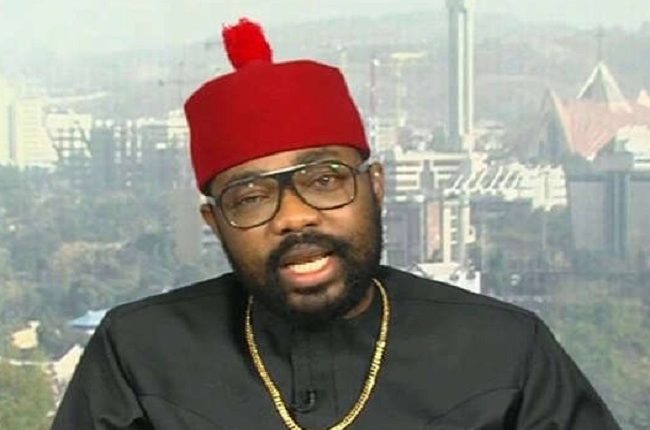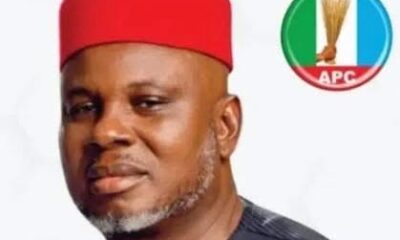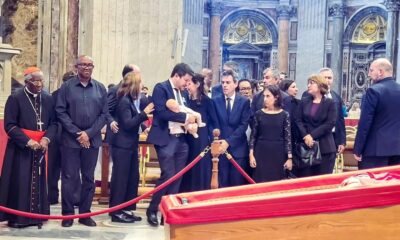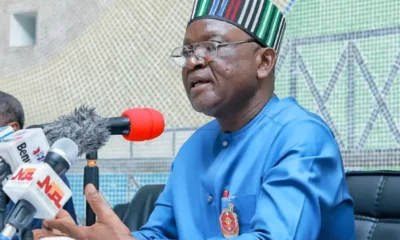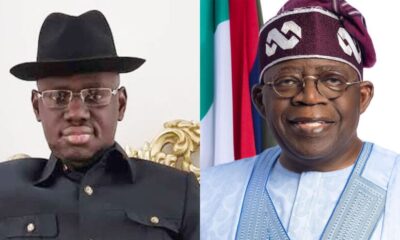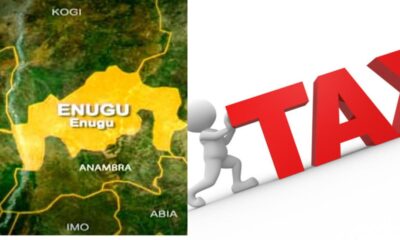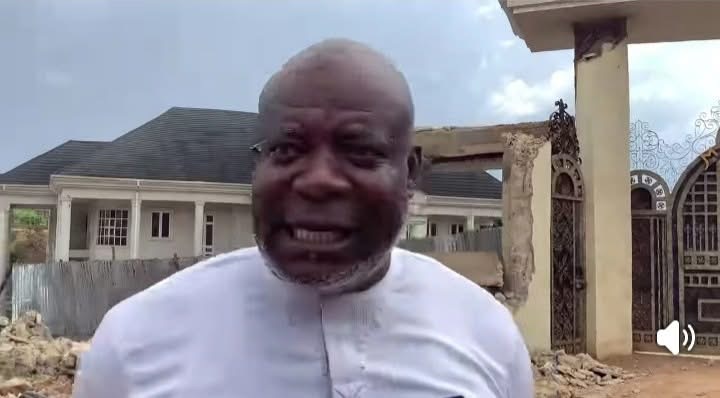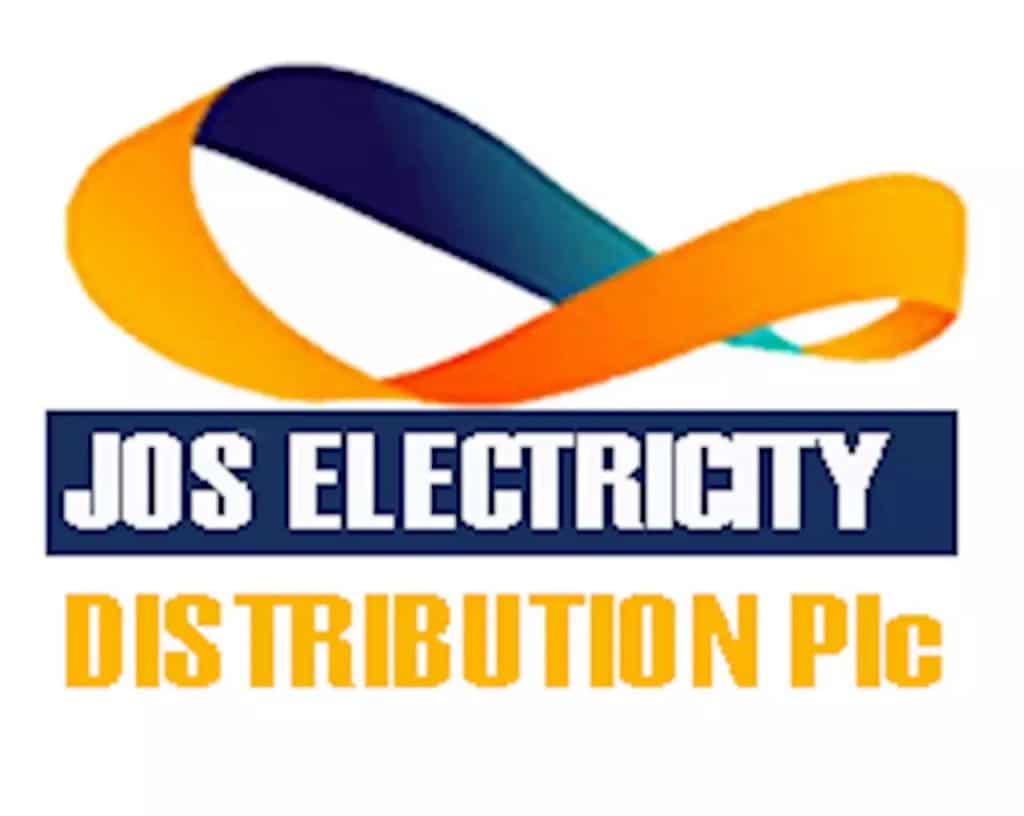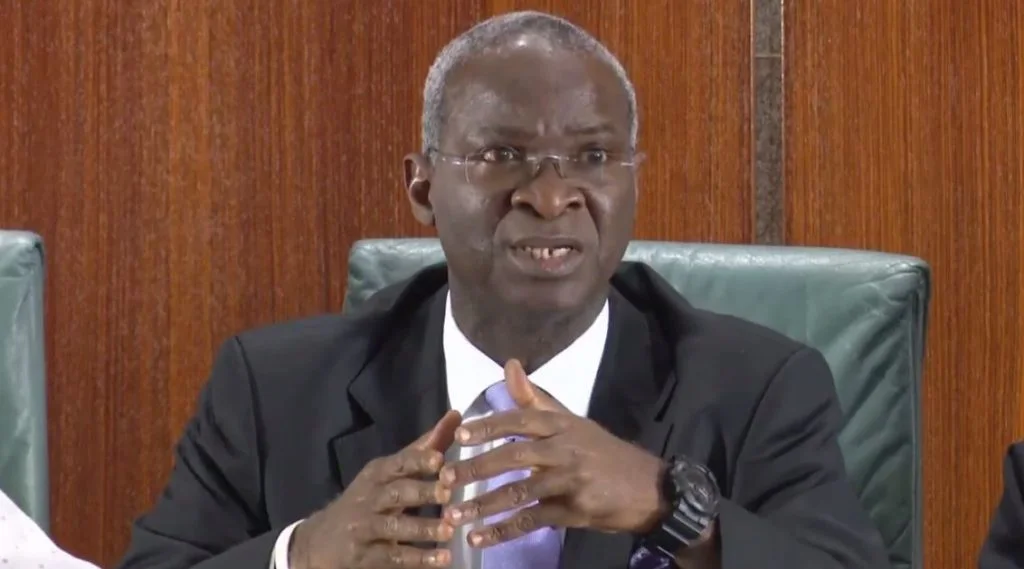Some South East members of the House of Representatives, led by Ikenga Ugochinyere, have called on President Bola Tinubu to invoke the relevant sections of the Constitution to discontinue the trial of the detained leader of the Indigenous People of Biafra, Nnamdi Kanu.
They also noted that the dismissal of Kanu’s bail application was another major setback for the healing process and return of peace in the region.
Justice Binta Nyako had on Tuesday rejected Kanu’s bail request, and granted an accelerated hearing on the matter.
Speaking on behalf of other South East lawmakers who were in court, Ugochinyere stated that granting Kanu bail would have provided an opportunity to open doors for discussion to bring about peace in the South East.
Ugochinyere, who represents Ideato South and North in the House of Representatives, however, appealed to the president to extend the same gesture as he did to Sunday Igboho as well as Omoyele Sowore.
He said, “We received the news of the rejection of the bail with sadness, and we just lost an opportunity to commence the process of healing in our land.
“That bail application, if granted, would have brought an opportunity to open doors for discussion to bring about peace in the South East.
“Just a few weeks back, the Federal Government discontinued the criminal charge filed against Omoyele Sowore. I’m also aware that the Federal Government has allowed Sunday Igboho back home.
“We are calling on President Bola Tinubu not to allow this moment pass him by. What the President should do and the Attorney-General in particular, is to invoke the power invested on him under Section 174 of the 1999 Constitution to discontinue the matter. The case can be discontinued in the interest of the public and justice.
“It is also painful for us that this bail application was rejected and we hope that President Tinubu will do the needful by discontinuing the matter.”
Earlier on Tuesday, the Federal High Court in Abuja ejected the bail application by the leader of the Indigenous People of Biafra, Nnamdi Kanu. The trial judge, Justice Binta Nyako, however, granted an accelerated hearing instead.

 Trending6 months ago
Trending6 months ago
 Politics6 months ago
Politics6 months ago
 Politics6 months ago
Politics6 months ago
 Politics6 months ago
Politics6 months ago
